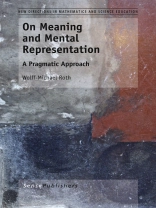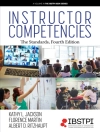This book is about language in STEM research and about how it is thought about: as something that somehow refers to something else not directly accessible, often «meaning», «mental representation», or «conception». Using the analyses of real data and analyses of the way certain concepts are used in the scientifi c literature, such as “meaning, ” this book reframes the discussion about «meaning», «mental representation», and «conceptions» consistent with the pragmatic approaches that we have become familiar with through the works of K. Marx, L. S. Vygotsky, M. M. Bakhtin, V. N. Vološinov, L. Wittgenstein, F. Mikhailov, R. Rorty, and J. Derrida, to name but a few. All of these scholars, in one or another way, articulate a critique of a view of language that has been developed in a metaphysical approach from Plato through Kant and modern constructivism; this view of language, which already for Wittgenstein was an outmoded view in the middle of the last century, continuous to be alive today and dominating the way language is thought about and theorized.
Cuprins
Preface; Frontispiece; 1 Language, «meaning», «mental representation», and «conceptions» in STEM research; 2 «Meaning» in science education; 3 Hunting the elusive tiger; 4 «Meaning» and the subject; 5 Culturing «conceptions»; 6 The language of real life and the real life of language; 7 The documentary method: a solution to the problem of «meaning»; 8 The documentary method and «mental representation»; 9 Epilogue; Appendix; References; Index.












